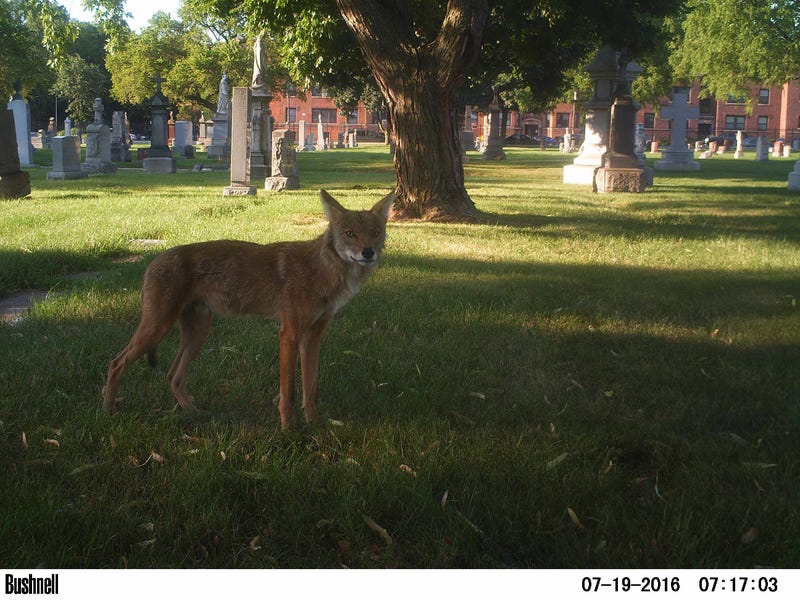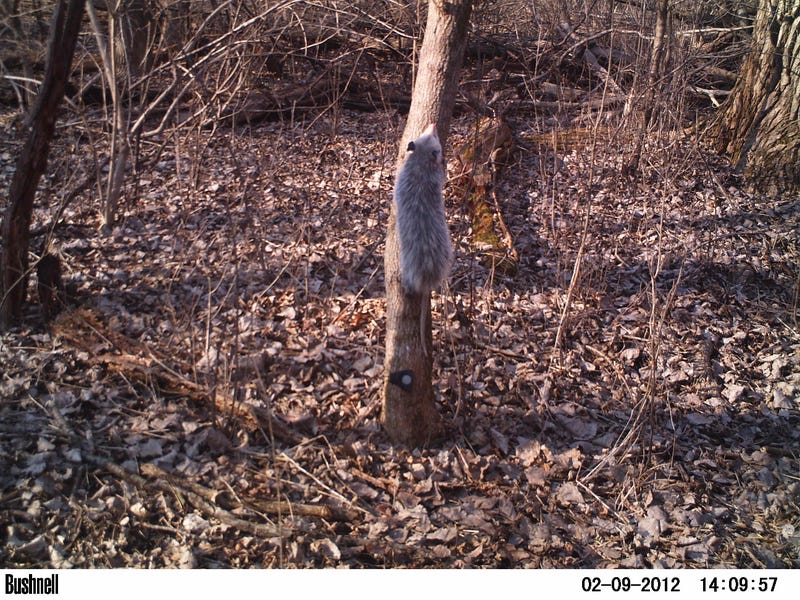
CHICAGO (WBBM NEWSRADIO) – Lincoln Park Zoo, along with the City of Chicago and Chicago Animal Care and Control, has created a plan to help animals and people coexist across the city’s diverse urban spaces.
Developed by a leading research network of Lincoln Park Zoo’s Urban Wildlife Institute scientists, the new Chicago Wildlife Management & Coexistence Plan equips the public and city officials with approaches to more humanely cohabitate with, respond to, and facilitate a thriving urban ecosystem across the city.

“Wildlife plays a critical role in urban environments, and as a research team, we use science-based approaches to enable our coexistence with wildlife, ensuring both humans and animals can thrive in our cities,” said Seth Magle, Ph.D., Director of the Urban Wildlife Institute at Lincoln Park Zoo, in a statement. “We were honored to collaborate with the city on this plan and provide our Chicago neighbors with practical and humane approaches to preserve wildlife. Whether it is a skunk in your yard or a deer in your alley, this new plan provides the tools to observe and respect the wildlife in our own backyards.”
As major urban networks like Chicago continue to grow, a variety of species have adapted to these built environments and require innovative approaches to maintain healthy coexistence, the zoo said in a statement. These animals include:
• Bats
• Bees
• Canada Geese
• Chipmunks
• Coyotes
• Deer
• Opossums
• Rabbits
• Racoons
• Red Foxes
• Rock Doves
• Skunks
• Snakes
• Squirrels (Fox & Gray)

Lincoln Park Zoo said the City of Chicago has embraced its role as a hub for wildlife, demonstrated by its clear commitment to expansive green space, conservation, and coexistence policies.
Efforts the City of Chicago has already started take part in include the Lights Out Chicago program, a first in the nation approach to protecting migratory birds and bats who traverse the city during migration periods.
The Chicago Wildlife Management & Coexistence Plan also serves as a template for other major cities across the country to model in the pursuit of responsible, urban wildlife conservation.
“Anyone in Chicago – and any city – can begin taking small steps towards improving interactions with urban wildlife as early as today,” said Mamadou Diakhate, Executive Director, Chicago Animal Care and Control, in a statement. “It can be as easy as properly stashing your trash, keeping your distance when possible, limiting your footprint in green areas, and using city resources like 311 to protect and preserve the wild animals in Chicago.”


